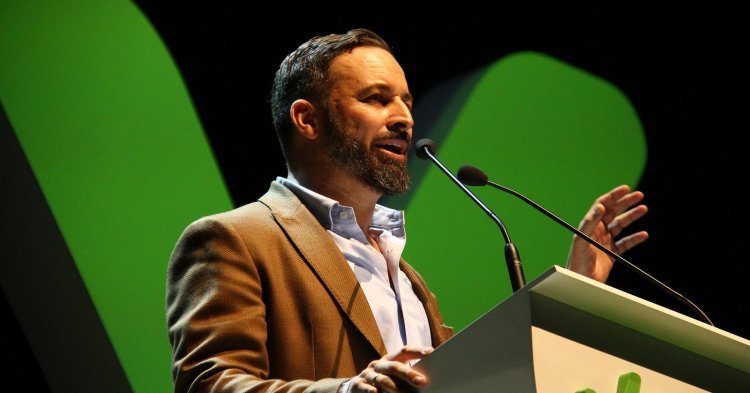A wave of hatred has been gradually creeping into the parliaments of European countries and could potentially reach the very presidency of the European Parliament. If we were to compare this phenomenon to an illness, even the latter does less harm than the hatred and rejection which certain policies are promoting. Unfortunately, these policies are returning with renewed strength in today’s world.
The Second World War marked a clear “before and after dichotomy” with regard to the way in which European countries engaged in politics. The Second World War was, as we all know, a period in which human cruelty definitely exceeded the Great War and it was a point of no return for the entire world. The question here is, have we not yet learned that hatred brings us to war?
We all know that wars have a cost. I do not exactly mean an economic cost, but I am more concerned with the lives of human beings. Unfortunately we are witnessing a sort of “resurgence” of old customs, even though many people had considered these customs to have faded away. Many speeches are filled with cruel nonsense where politicians describe their homeland as superior to their neighbouring country, where they humiliate immigrants and where they try to sneak into their political discourse an appeal to their country’s “great past” within an ancient historical context.
Similar matters are reflected in the news, in newspapers and in real life. A small part of this “resurgence” is provoked by migrants and refugees arriving on European shores day after day. Still, I would like to remind you that many of the people who ome from Africa or from the Middle East are fleeing wars which the West is – quite curiously – involved in. And with regard to immigration, I would like to quote a phrase that I recently read on the Internet: “We are all foreigners somewhere in the world.”
Therefore, we should ask ourselves whether or not we really want a free world. Personally speaking, I hope and I trust that future generations will keep fighting for our freedom, a freedom which our ancestors obtained through great strife and loss. By fighting for freedom, I do not mean that we must focus on weapons like in the past, seeing as in the 21st century we have a much more effective weapon, and that is a ballot along with our vote.
Of the many privileges we currently have in the West, one of them is to vote freely and without anyone knowing what you write on your ballot, which will then enter the ballot boxes present in our democracies. However, these ballot boxes are increasingly growing lighter, thinned by a general disinterest or the loss of confidence in politicians.
European democracies are shaking the foundations of what has supposedly been consolidated, as citizens are attracted by sharp and simplistic discourses which incite hatred. With this I do not wish to criticise certain individual voters, since we all have the freedom to vote for whomever we decide – be it a conservative, a social democrat, a communist or a nationalist. During the last elections in Spain, specifically in Andalusia, there was a complete erosion of the so called “moderate” policies which – regardless of ideology – do not incite hatred.
Every time I look at the Congress of Deputies, I see how the democracy which cost so much to build is rotting with insults and personal attacks. I do not know how the situation is in the rest of the parliaments of European countries, but in the Congress of Spain, I am witnessing more hatred, more personal attacks, more speeches which appeal to simplistic rhetoric. And every time I see less consensus, less respect.
The hatred which is present here in Spain and in the rest of Europe goes beyond ideologies and politics. It is something that we as human beings must solve, because no one is better than anyone. Moreover, no one is so superior to another as to live on top of an imaginary bubble which separates one country from another or one culture from another.


Follow the comments: |
|
